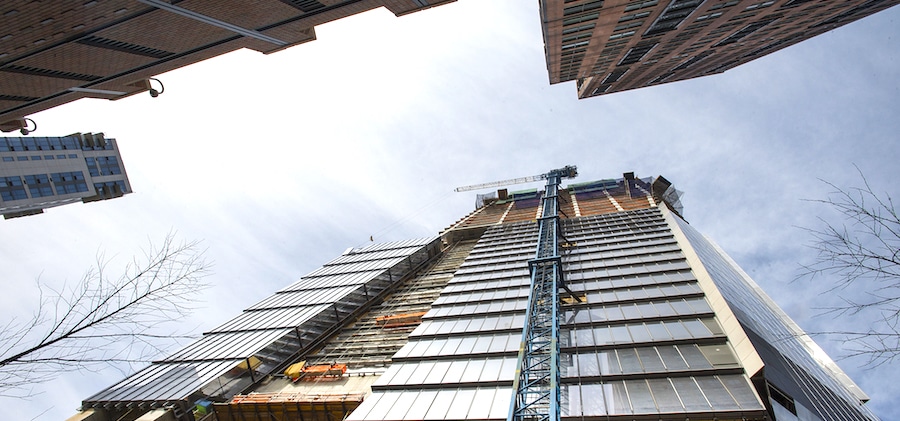
Throughout history finance has been the province of emperors and kings. Later it included the merchant classes and the new aristocracy born of the Industrial Revolution. Your average Joe only really got involved in investing during the stock craze of the 1920s. Even today the average investor holds assets in a small subset of classes – primarily stocks, mutual funds, and bonds. If Joe wanted to acquire real estate assets, she was relegated to a mortgage on her home, or her residential rental properties, or publicly-traded real estate service firms like the Simon Group, AvalonBay Communities, and others.
While all those asset classes have value and the potential to generate returns, the ability to invest in other real estate classes without a massive pile of capital has been limited until recently. In the early 2010s other real estate asset classes like commercial, shopping centers and retail became available to the average Joe as a result of the 2011 Entrepreneur Access to Capital Act.
The Entrepreneur Access to Capital Act gave a much wider pool of investors the ability to participate in crowdfunded investments. It did this by providing a crowdfunding exemption from SEC (U.S. Securities and Exchange Commission) regulations, as long as a company raised a maximum of one to two million dollars, the amount set at the time the bill was signed. Under the Entrepreneur Access to Capital Act, anyone could invest up to $10,000 or 10% of their annual income, whichever was lower.
Opening up markets to new investors
When markets open to firms, economic growth tends to follow. A great example of this is the surge in investment capital and growth in China after they gained Most Favored Trading Status in late 2001. China went from third-rate to one of the most dominant economic powers within just a few decades. While not entirely analogous, the democratization of finance could follow a similar trajectory, providing great economic benefit to a much larger pool of real estate investors and the communities in which they choose to deploy capital.
Rather than well-heeled and institutional investors sucking up profits by virtue of being the only ones allowed to play the game, now individual investors can take advantage of commercial real estate opportunities. This includes investing in a wide array of property types, such as multifamily apartment buildings, self-storage facilities, retail and shopping centers. Real estate projects with capital requirements that are out of the reach of most individual accredited investors are now within reach thanks to equity crowdfunding.
Impact investing and the democratization of finance
One of the most exciting possibilities that the democratization of finance brings, is its possible marriage to socially responsible impact investing. Historically, the type of person who is interested in high-finance has not typically been particularly socially responsible. We can see that through industry’s past opposition to things we take for granted, like the weekend, child labor laws, safety standards, and a whole host of other protections. That is not to say that all investors or capitalists are bad people – just that they are laser-focused on profit, often to the detriment of society at large.
As many new investors enter the scene, bring different attitudes to ethical investing with them, this focus on profit may take a backseat to sustainable, community-led development projects. Impact investing does not need to mean sacrificing returns or investing in unprofitable projects – it is simply a market mechanism for affecting change while also generating a return on your investment.
_
As we’ve seen throughout history, large concentrations of power are not good, regardless of whether that power is financial, political, social etc. The democratization of finance has the potential to avoid or even alleviate many of the corruptive and detrimental effects of the finance system- by spreading ownership and wealth amongst the crowd instead of amongst just a few, and by shifting investment focus to impact investing with the end result of creating better places for everyone.
Image by MTAPhotos, Hudson Yards Real Estate Development Update: April 16, 2015, CC-BY-2.0, image cropped.
